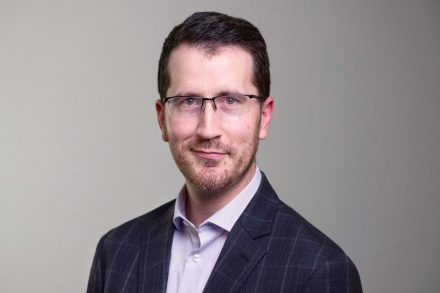The Doctor of Philosophy (PhD) in History of Christianity and Historical Theology focuses upon historical themes, issues, and methodologies. Students in the program will study a major historical emphasis, such as Christian origins and the Early church; the Reformations in Europe; the rise of the Reformation and the Wesleyan movement in England; the period of US Christian history; Wesleyan and Methodist Studies. Within these, more delimited time periods and subjects/themes would be selected for study and research, to include social context, theological developments, and key ecclesiastical and social issues.
Peter J. Smith is a doctoral student in historical theology and a native of Athens, Ohio. His research focuses on the development of theological anthropology and soteriology in the 4th and 5th centuries, as well as the early articulation of Wesleyan theology. His master’s thesis discussed the anthropological implications of Athanasius’ doctrine of deification.

The PhD in History of Christianity and Historical Theology is a 40-credit hour degree program.
3 Foundational Courses (7-credit hours)
6 to 8 Courses in Major (18- to 24-credit hours)
3 to 4 Courses in Minor (9- to 12- credit hours)
2 Elective Courses as needed (6 credit hours)
Research Languages and/or Research Tools (2)
Qualifying Exams
Dissertation Proposal
Dissertation and Defense
To add a focus in African American/Black Religious Studies, a student would take a minimum of fifteen hours of courses with specific African American/Black content, as selected by the student in consultation with their advisor. Persons opting for this focus would have an African American/Black advisor or consulting co-advisor, or as a committee member. At least one of the student’s Qualifying Examination questions would be on a dimension of African American/Black religion. The student’s dissertation would incorporate some element relating to African American/Black religious life and thought.
Graduates of this program will be able to:
Garrett accepts applications from students with a masters degree in religious or theological studies from an accredited college or university and proficiency in the English language.
Applications are due by January 10th for the following fall.